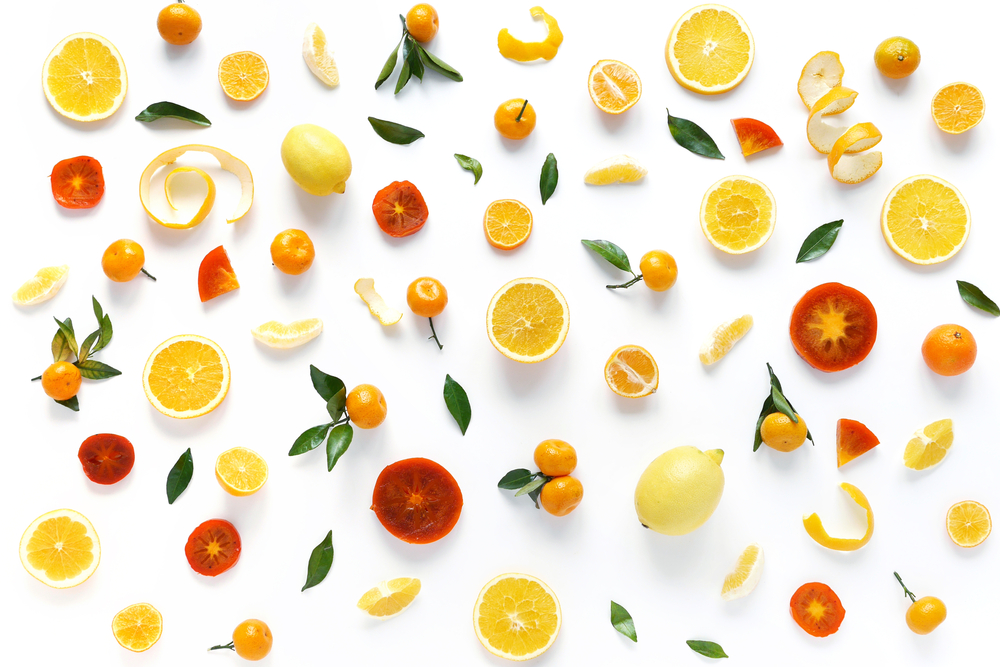
13 Mar Is ‘Immune Boosting’ A Real Thing? And How Do You Do It?
The novel coronavirus (COVID-19) is a growing public health concern. In the midst of all the uncertainty and rise in cases, many people are looking for quick fixes like “immunity boosters”. But what does it actually mean to “boost” your immune system, and is it possible?
Our immune system is quite a complicated mix of moving parts. When we talk about our immune system, we aren’t referring to one organ, like we do when we refer to our brains or lungs. We’re essentially referring to a whole host of different organs and chemical processes that work together to form the immune system.
When we talk about immune ‘boosting’, what we are really referring to is supporting all these elements involved in upholding our immune system so that it functions at it’s best. In other words, balancing the immune system. And just like balancing on a tight rope, there’s no fast-acting way to do it and no 1 product, food, herb, exercise or lifestyle factor that will achieve it. You need to be looking at all factors involved from nutrition, supplements and lifestyle factors.
Now, before we get into these 3 main areas, it’s important to realise that when we refer to “immune compromised” individuals, these refer to people who have other conditions that put strain on the immune system as a whole, like diabetes, heart disease, lung disease, high blood pressure and other chronic conditions. And that’s when we, as practitioners, dig deeper into understanding how these chronic conditions are affecting processes in the immune system and how we can support them. Please, it’s vital to understand that if you’re an individual with a chronic condition, you should not be taking immune boosters off the shelf without the guidance of a qualified & registered healthcare provider.
Improving Immune Function With Nutrition
- Cruciferous Vegetables. Our liver is often an organ associated with getting rid of toxins in our body, but it also plays a role in mediating enzymes that block free-radical damage on our DNA. The best liver support comes from the sulphoraphane found in cruciferous vegetables such as broccoli, cabbage, cauliflower and Brussels sprouts. Sulphoraphane triggers the liver to produce these protective enzymes. Once started, the process continues to protect for up to 4 days after the sulphoraphane-containing food was initially eaten. The trick is to try and eat these as raw as possible. My go to is brocolli sprouts sprinkled over most food.
- Bone Broth. Often times, when there is inflammation in the digestive tract, immunity can be reduced. Collagen, gelatin and amino acids in bone broth, help to restore the gut lining and thereby support healthy immune function. These substances also stimulate the production of immune cells, such as B cells, T cells and macrophages.
- Limit Sugar Intake. It’s well known that high-sugar diets can lead to insulin resistance, diabetes and obesity, all of which put you in the ‘immune compromised’ category of individuals we’ve mentioned above. Beyond immediate gratification, very few health effects of sugar are positive. Refined sugar can reduce how white blood cells perform and increase inflammatory markers. In fact, obese people have fewer white blood cells with a reduced capability to fight infection.
Improving Immune Function With Lifestyle
- Stress. Ongoing stress makes us susceptible to illness and disease because the brain sends defense signals to the endocrine system, which then releases an array of hormones that not only gets us ready for emergency situations but severely depresses our immunity at the same time. Because the effects of stress are cumulative, even ordinary, day-to-day activities can eventually lead to more serious health issues.
- Exercise. Physical exercise has numerous effects on the human body, including the immune system. But don’t go and spend 5 hours daily working out; the key is moderate, regular exercise. Many studies are showing that heavy training schedules or endurance competitions such as marathons or long-distance cycling are examples of extreme physical stress and can lead to immuno-depression.
- Sleep. Studies show that people who don’t get quality sleep or enough sleep are more likely to get sick after being exposed to a virus Lack of sleep can also affect how fast you recover if you do get sick.
Improving Immune Function With Herbs & Supplements
- Vitamin C. There are plenty of studies available that show how vitamin C contributes to immune defense by supporting various cellular functions. Vitamin C also supports skin barrier function against pathogens, thereby potentially protecting against environmental oxidative stress.
- Echinacea. This herb is one of the most popular herbal medications. Research shows it increases the number of white blood cells, which fight infections and some studies show it’s specific antiviral action against respiratory infections. But be weary of just any Echinacea preparation, only 3 types of Echinacea have been shown to be effective: E. purpurea, E. angustifolia and E. pallida.
- Olive Leaf. Research suggests that olive leaf compounds may enhance the body’s efforts to fight invading organisms via two different processes. Firstly, they appear to stimulate phagocytosis (the process in which immune system cells engulf and destroy invading organisms), and secondly by interfering with the ability of bacteria and viruses to replicate themselves and cause infection.
References
- https://www.tandfonline.com/doi/abs/10.1080/00071660701671336?journalCode=cbps20
- https://www.ajol.info/index.php/ajfand/article/view/102056
- https://www.sciencedirect.com/science/article/pii/S0098299711000574
- https://www.sciencedirect.com/science/article/pii/S0271531706001679
- https://www.ncbi.nlm.nih.gov/pmc/articles/PMC3228798/
- https://onlinelibrary.wiley.com/doi/full/10.1111/j.1365-2109.2009.02374.x
- https://onlinelibrary.wiley.com/doi/abs/10.1002/ptr.5655
- https://onlinelibrary.wiley.com/doi/abs/10.1002/ptr.5580
- https://www.mdpi.com/2072-6643/9/11/1211
- https://link.springer.com/article/10.1007/s12291-013-0375-3
- https://academic.oup.com/ajcn/article/96/6/1429/4571488
- https://www.ncbi.nlm.nih.gov/pubmed/29727694
- https://www.ncbi.nlm.nih.gov/pmc/articles/PMC4074336/
- https://link.springer.com/article/10.1007/s12026-014-8517-0
- https://www.ncbi.nlm.nih.gov/pmc/articles/PMC4465119/
- https://journals.sagepub.com/doi/abs/10.1177/1934578X1400900422
- https://core.ac.uk/reader/9690060
- https://www.mdpi.com/1422-0067/13/3/3291
- https://www.redalyc.org/pdf/3092/309235369058.pdf
- https://www.nottingham.ac.uk/biosciences/documents/burn/2006/echinacea-and-the-immune-system–juliet-parker.pdf
- https://www.mdpi.com/1424-8247/4/7/1019
- https://pdfs.semanticscholar.org/4c41/441a19d8561c4acf27bbfd19b4e954baf701.pdf



No Comments